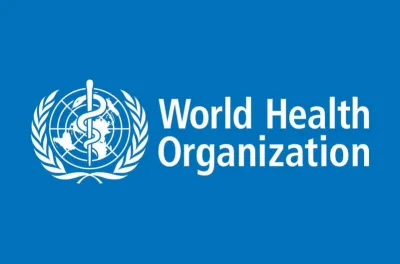
A major new study ⧉ released by The Lancet Neurology shows that, in 2021, more than 3 billion people worldwide were living with a neurological condition. The World Health Organization (WHO) contributed to the analysis of the Global Burden of Disease, Injuries, and Risk Factor Study (GBD) 2021 data.
Neurological conditions are now the leading cause of ill health and disability worldwide. The overall amount of disability, illness and premature death (known as disability-adjusted life years, DALYs) caused by neurological conditions has increased by 18% since 1990.
Over 80% of neurological deaths and health loss occur in low- and middle-income countries, and access to treatment varies widely: high-income countries have up to 70 times more neurological professionals per 100 000 people than low- and middle-income countries.
This study should serve as an urgent call to action to scale up targeted interventions to allow the growing number of people living with neurological conditions to access the quality care, treatment and rehabilitation they need. It is more important than ever to ensure brain health is better understood, valued and protected, from early childhood to later life.
Dr Tedros Adhanom Ghebreyesus, WHO Director-General.
The top ten neurological conditions contributing to loss of health in 2021 were stroke, neonatal encephalopathy (brain injury), migraine, dementia, diabetic neuropathy (nerve damage), meningitis, epilepsy, neurological complications from preterm birth, autism spectrum disorder, and nervous system cancers.
Overall, neurological conditions cause more disability and health loss in men compared to women, but there are some conditions like migraine or dementia where women are disproportionately affected.
More investments needed to improve treatment, care and quality of life
At the World Health Assembly in 2022, Member States adopted the Intersectoral global action plan on epilepsy and other neurological disorders 2022–2031 (IGAP) with an ambitious scope to address the long standing neglect of neurological disorders.
The Intersectoral Global Action Plan 2022–2031 sets out a roadmap for countries to improve prevention, early identification, treatment and rehabilitation of neurological disorders. To achieve equity and access to quality care, we also need to invest in more research on risks to brain health, improved support for the healthcare workforce and adequate services.
Dévora Kestel, Director, WHO Department of Mental Health and Substance Use
IGAP sets out strategic objectives and targets to improve access to treatment, care and support for people with neurological disorders; implement strategies for brain health promotion and disease prevention; strengthen research and data; and emphasize a public health approach to epilepsy and other neurological disorders.
- Steinmetz JD, Seeher KM, Schiess N, Nichols E, Cao B, Servili C, Cavallera V, Cousin E, Hagins H, Moberg ME, Mehlman ML. Global, regional, and national burden of disorders affecting the nervous system, 1990–2021: a systematic analysis for the Global Burden of Disease Study 2021. The Lancet Neurology. 2024 Mar 14. [Open Access]








